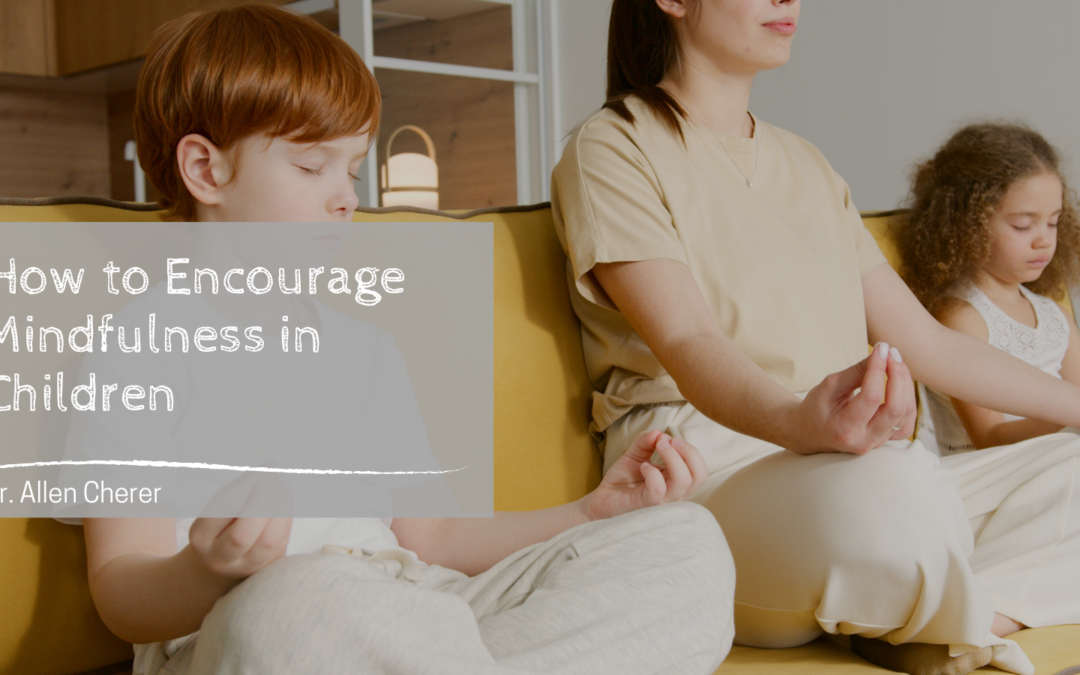Practicing mindfulness can help us be present in our parenting instead of showcasing our emotions in a negative manner. It allows us to choose a more skillful response.
Being mindful can help children develop their ability to pay attention and make better decisions. It can also help them manage their emotions and focus on their cognitive and emotional health.
What Is Mindfulness?
Being mindful is a type of discipline that involves paying attention to one thing at a time. It’s different from multitasking. When children and teens practice being mindful, they tend to take their time and focus on something that’s both relaxing and stress-free. Usually, this involves a combination of relaxation, visualization, and breathing exercises.
Provide Down Time
It’s common for kids to get bored or restless. Having enough downtime can help them develop a sense of awareness of their emotional states and allow them to see them through. One of the most important factors that children can consider when it comes to developing their emotional skills is to allow themselves time to think of ideas and solutions for problems. This will allow them to develop a deeper understanding of how they can sit with various emotions.
Lead By Example
For most people, being mindful is a priority, whether it’s a formal sitting practice or just implementing conscious awareness throughout the day. Having a consistent approach can help us set intentions and develop gratitude for the small things in life. One of the most important factors that children can consider when it comes to developing their emotional skills is to refrain from stepping into ideas or solutions.
Ask Questions
Don’t be afraid to ask your child specific questions as a way of encouraging mindfulness. This can help them connect with the present. We can also ask them to consider the impact of other people’s actions on their lives.
Journaling
You can encourage your child to write about their daily activities or invite them to tell you what they’re doing so you can keep track of it. Ask them to recall what they did each day, such as going to school or their morning routine. With practice, this should become more natural to your child.

